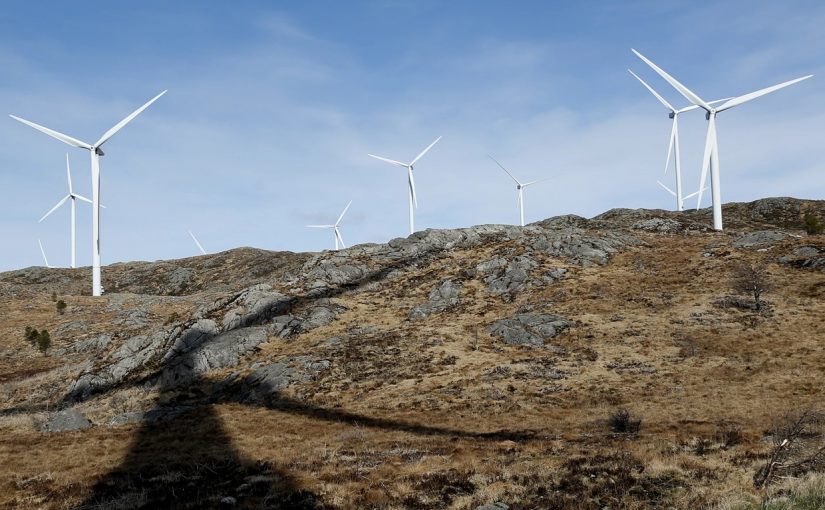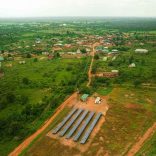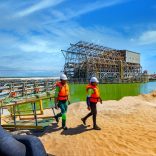Mozambique: Syrah Resources' Balama mine delivers 26,000 tonnes in Q3 restart
Mozambique and Brazil can lead on energy transition among CPLP countries

FILE - For illustration purposes only. [File photo: Lusa]
The Lusophone Renewable Energy Association (ALER) said yesterday that Mozambique, together with Brazil, can lead the energy transition strategy among Portuguese-speaking countries.
“The energy cooperation strategy will have to have some leaders, and Mozambique, for example, should and can position itself as one of the leaders in the transition strategy, in order to pass this information on to other countries,” president of ALER, Mayra Pereira, told Lusa in Maputo on Thursday.
Mayra Pereira was speaking on the sidelines of a round table on the theme, “2030 Cooperation Roadmap for Energy and Climate in the CPLP”, a parallel event to the business conference on renewable energy, one of the largest forums on clean energy in the country.
According to the ALER representative, in terms of the countries of the Community of Portuguese Language Countries (CPLP), Mozambique and Brazil have “robust” energy transition strategies, with some “competitive advantages”.
“We have a great advantage here, which is that we all speak Portuguese. So what we are trying to do at the moment is to ensure that in the areas where we have a competitive advantage, for example Mozambique and Brazil, by having a robust energy transition strategy, we can support our sister countries to move in the same direction,” she said.
Pereira said that some Portuguese-speaking countries do not have strategies for energy transition.
“If Portuguese-speaking countries have access to the information that is already produced for Mozambique and Brazil, they will already have a good basis for seeing how to build their own narrative, in their own context,” she added.
On the other hand, according to Pereira, among the CPLP countries that already have strategies, challenges still persist in their implementation, with emphasis on “regulatory and financing barriers”.
According to the source, in addition to individual strategies, the Cooperation Roadmap, launched in March, can also serve as a space for dialogue to identify the needs of each country. In the current socio-political context, characterized by political and social tensions and extreme climate phenomena, the president of ALER advocated a “broader vision” and the search for joint solutions among Portuguese-speaking countries.
“We have very different geopolitical scenarios. We have to look and understand how, for example, the fundamental mobilization has to be done from now on, in this new context,” she added.
The 2030 Cooperation Roadmap for Energy and Climate in the CPLP is a plan that aims to identify common strategic priorities for the nine countries of the community within the scope of energy transition and climate resilience. To implement the roadmap in the CPLP, ALER predicts that total funding of around US$8 billion (€7 billion) will be needed by 2030.
In the case of Mozambique, according to the Mozambican Renewable Energy Association (AMER), the country needs around US$80 billion (€70.4 billion) for the energy transition strategy to renewable sources by 2050.
The CPLP member states are Angola, Brazil, Cape Verde, Equatorial Guinea, Guinea-Bissau, Mozambique, Portugal, São Tomé and Príncipe and East Timor.












Leave a Reply
Be the First to Comment!
You must be logged in to post a comment.
You must be logged in to post a comment.